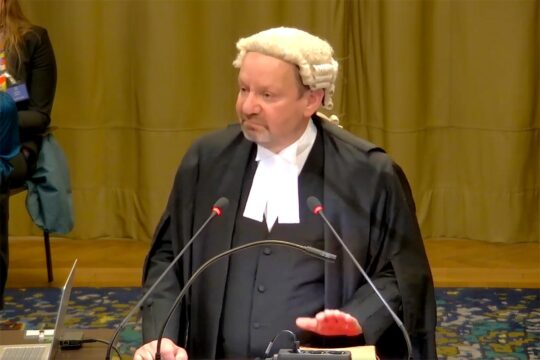According to the prosecution, Ngirabatware had claimed before the International Criminal Tribunal for Rwanda (ICTR) in his defence of alibi that he paid a visit to Senegal between April 30 and May 7, 1994 and made interviews with different media, including the RTS.
Ba, a Senegalese, who is Chief of Service of audio visual records at the National Television Department, told the Chamber : "I checked using those dates with my collaborators and we realized that there was no record about such interviews."
Led by trial attorney Wallace Kapaya, the witness explained further that they went beyond by one week before and after the proposed dates in their search, but found no traces of the interviews allegedly made by the defendant.
During cross-examination by Claver Sindayigaya, Co-counsel for the defendant, the witness admitted, however, that his search was only limited to the national television, and not from the national radio, another unit within the public media.
Ba admitted further that there were several other private radio and television stations that were in operation in 1994. When giving his own evidence in 2010, Ngirabatware alleged that during his visit in Senegal he conducted interviews with radio stations.
In the ongoing proceedings, the prosecution is fielding extra witnesses to counter the demands by the ex-minister that between April 21 and July 1994 he was not in Rwanda and was on various missions in several countries, including Senegal. A total of eight prosecution witnesses are expected to testify in the session.
The trial continues next Monday. Ngirabatware is charged with conspiracy to commit genocide, genocide or in the alternative, complicity in genocide, direct and public incitement to commit genocide and extermination and rape as crimes against humanity.
FK/NI/GF
© Hirondelle News Agency



